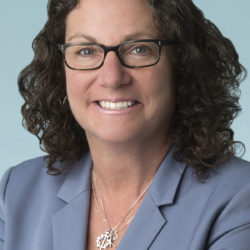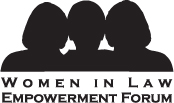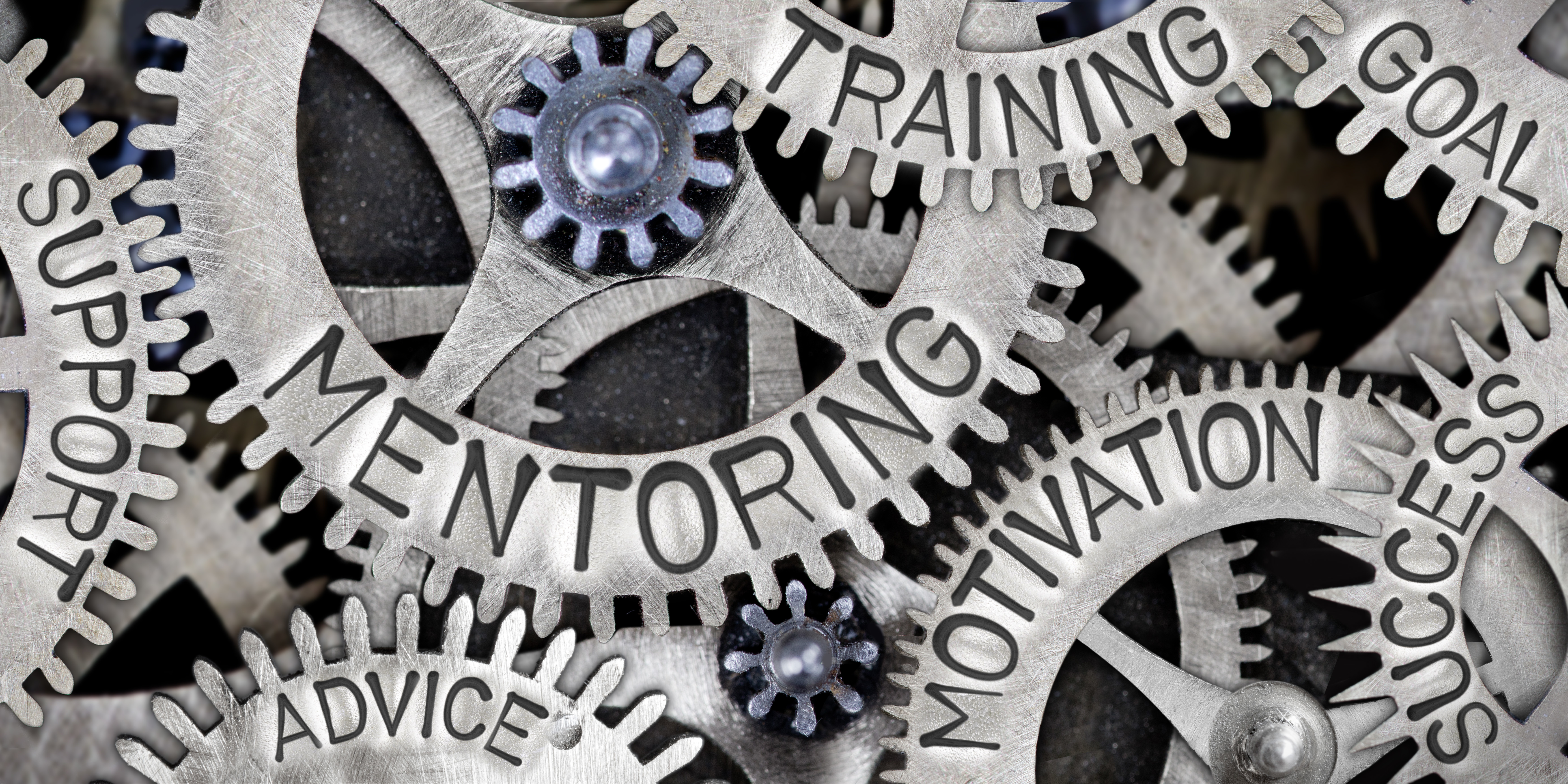Recent research has shown a strong correlation between mentoring and women’s advancement in big law firms. That relationship is only likely to grow stronger. With a proliferation of opportunities available to women attorneys today, more is needed than ever to retain them.
This dynamic puts a premium on dynamic women mentors. We recently spoke with one of them, Susan Berson, managing member of Mintz Levin’s Washington D.C. office and division head of its health law, communications and antitrust practices.
The interview has been edited for clarity and brevity.
Tell us a little bit about your interest in mentoring.
I’m a first-generation American and so I was raised in a household where I was always taught about the value of education and hard work as the keys to success. I always believed there was nothing I couldn’t do. And so, even as a woman starting out in law in the early 80s, I never believed there was anything I couldn’t do.

Susan Berson
Out of law school, I went to a smaller firm. One of the main partners took me under his wing and not only trained me; he took me to meetings with his key clients. We did a lot of private equity work and he’d say to me, ‘Susan, look, when you walk into a room with this founder of this fund, remember you have five minutes to really convey what you want him to hear because after that his mind is off doing something else.’
So, to some degree, I took mentoring for granted until I got older, became a partner and had kids. I realized just how important that mentoring is key to building success. And I have to be honest, that’s probably the thing I like most about my job. I think I’m a pretty good lawyer but if you asked me what is the thing that I do that I like best, it really is mentoring junior lawyers.
What are some challenges to mentoring the latest generation of lawyers?
We sometimes struggle to determine what people’s career goals are and whether they really want to make partner. A lot of millennials are willing to make much more personal-driven choices.
I’ve always told them that family comes first. I think that’s really important. It’s what in many ways builds the trust and goodwill. When you need them staying up all night or working at 2:00 in the morning, they’re willing because they feel greater allegiance and commitment because you’re treating them as a person.
What’s the mentoring program at Mintz?
Every new attorney who joins the firm, whether out of law school or as a lateral, is assigned another attorney as a mentor. In the D.C. office, I review all those pairings and we have a budget where the mentors are supposed to meet with their mentees at least once a month over coffee or over lunch to hear how things are going.
I tend to not be part of that program because of my role in management. I don’t want to be viewed as playing favorites. So I do it rather informally whether with people that I work a great deal with in my practice area or people in my office. I try to walk the office at least twice a day and stop in and see people and ask how they’re doing and how things are going.
What have you learned about the program?
We are constantly learning what works well with pairings, and we’re learning what people want to be mentored about. In some years they care more about how to interact with partners they may be working with. In another year it could be more about work-life balance.
In addition, we have something we call the women’s initiative intended to provide yet another level of support to women attorneys who are coming up through the law firm, seeking work-life balance, having families, advancing through the firm.
Can you tell us more about the initiative?
I think what we all need to do a better job of making sure women are advancing and becoming more and more senior, becoming better leaders in the firm or having more leadership opportunities in the firm.
So through the women’s initiative, we as a group bring together women, have panel discussions of how different people have succeeded or progressed in their career. We just started doing what we call the 66 Supper Club which is a reference to the first year a woman made partner at Mintz. And we get together usually two partners and a group of associates go out to dinner and just talk in a less formal setting about issues they may be facing and how other women have either faced those issues or could help. So we do view the needs of women to be unique especially as they come up through the ranks and are having families or are just trying to become more assertive and take on a leadership role.
How do you keep mentoring from becoming rigid?
It can’t be so formal that people feel they have to engage in mentoring—like we’re going to meet every Monday at 1:00. It just can’t be that formal. I love it. But I can think of a dozen people off the top of my head where it’s just not their thing. And that’s not right or wrong. So I think one of the ways that we’ve done it successfully is that it really isn’t forced.
Even the formal program is, ‘okay please make sure you get together once a month.’ Some people have lunch, some people have coffee, some people just meet in their offices. And so I think that’s really important because if it’s forced I don’t think it can be mentoring.
How do you see the #MeToo movement impacting the approach firms take to retaining women?
I have been somewhat spoiled in my career and I mean it sincerely when I say Mintz is different. We’re far from perfect. No law firm is. But I think we have a lot more women who stay and make it work because we have flexible work arrangements and the like.
But I work with big corporate law firms out of New York on some large transactions and I’ll tell you I mean I think there’s still work to be done when we’re getting emails at 2:00, 3:00, 4:00 in the morning. But I do think that if there’s a silver lining to this environment, it is really bringing to the forefront the need for change and the need for greater sensitivity. And so I’m hopeful that it will change. But I think that there’s still work to be done.



